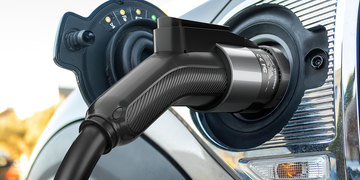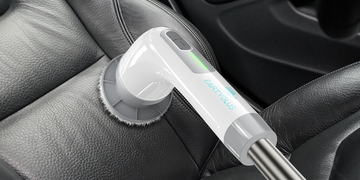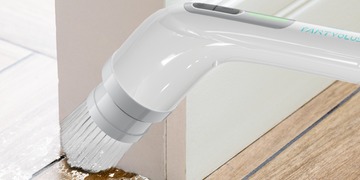Can a non-Tesla use a Tesla charger? Tesla utilizes a proprietary charging connector that is incompatible with non-Tesla EVs. However, there are third-party adapters available in some markets that can enable certain non-Tesla EVs to connect to Tesla chargers. These adapters typically convert the Tesla connector to a compatible format for the non-Tesla vehicle. It's important to note that while adapters may physically allow non-Tesla EVs to plug into Tesla chargers, they may not support the same charging speeds as Tesla vehicles or may have other limitations.
Tesla's Supercharger network is renowned for its extensive coverage and fast charging capabilities, but its proprietary connector and network infrastructure have led to speculation about compatibility with other EVs. Let's explore the nuances of this topic to understand if and how non-Tesla electric vehicles can utilize Tesla chargers.
Understanding Tesla's Charging Infrastructure
Tesla vehicles are equipped with a unique charging port and connector designed specifically for compatibility with Tesla's Supercharger network. These chargers deliver high-power DC (direct current) charging, enabling Tesla vehicles to replenish their battery quickly, often providing up to 250 kW of charging power.
Compatibility Challenges for Non-Tesla EVs
The primary obstacle for non-Tesla EVs utilizing Tesla chargers lies in the proprietary nature of Tesla's charging infrastructure. Unlike other EV manufacturers that adhere to industry-standard charging connectors such as CCS (Combined Charging System) or CHAdeMO, Tesla has developed its own proprietary connector. This means that without an adapter, non-Tesla EVs physically cannot plug into Tesla Superchargers.
The Role of Adapters
While non-Tesla EVs cannot directly use Tesla Superchargers, there have been efforts to bridge this compatibility gap through the development of adapters. These adapters, such as those offered by third-party manufacturers or Tesla itself, allow non-Tesla EVs to connect to Tesla chargers. However, it's essential to note that the availability and compatibility of such adapters may vary depending on factors like the specific Tesla charger model and the non-Tesla EV's charging capabilities.

Considerations and Limitations
While adapters may enable non-Tesla EVs to physically connect to Tesla chargers, there are several considerations and limitations to keep in mind:
Charging Speed: Adapters may not support the maximum charging speeds that Tesla vehicles can achieve with their native connector. Non-Tesla EV owners should verify the charging capabilities and limitations associated with using an adapter.
Cost and Availability: Adapters may incur additional costs and might not be readily available for all non-Tesla EV models. Prospective users should research compatibility and availability before investing in an adapter.
Safety and Warranty: Using third-party adapters with Tesla chargers may void warranties or raise safety concerns. It's crucial to consult with the adapter manufacturer and adhere to recommended usage guidelines.
Non-Tesla Supercharging is only accessible for CCS-enabled vehicles. If a Supercharger post has two cables or an installed adapter, non-Tesla cars can only charge with the CCS connector. Tesla is unable to accommodate vehicles that do not fully comply with CCS communication and safety protocols.
Can a non-Tesla use a Tesla charger? While the prospect of utilizing Tesla chargers with non-Tesla EVs is intriguing, it's essential for owners to weigh the benefits and drawbacks carefully. As the EV charging infrastructure continues to evolve, efforts to standardize connectors and interoperability may facilitate broader compatibility in the future.





